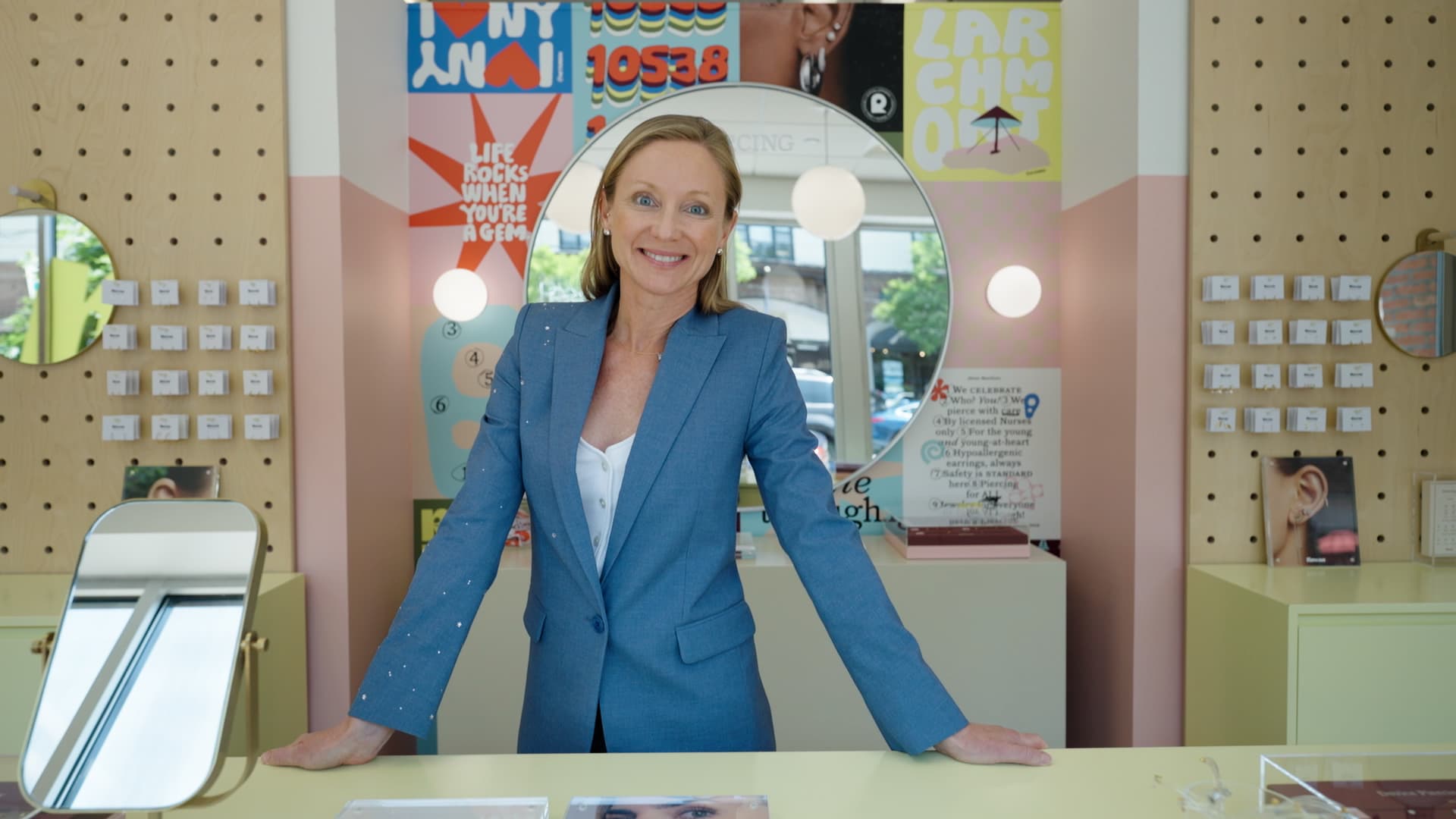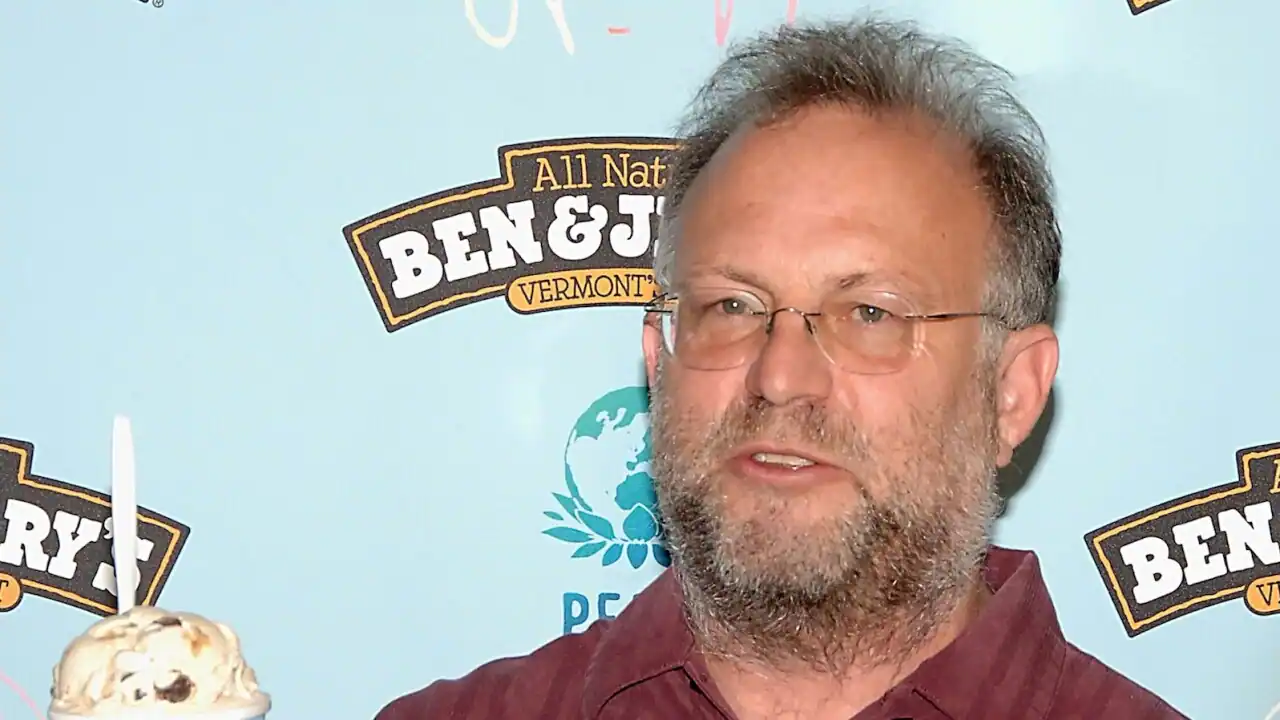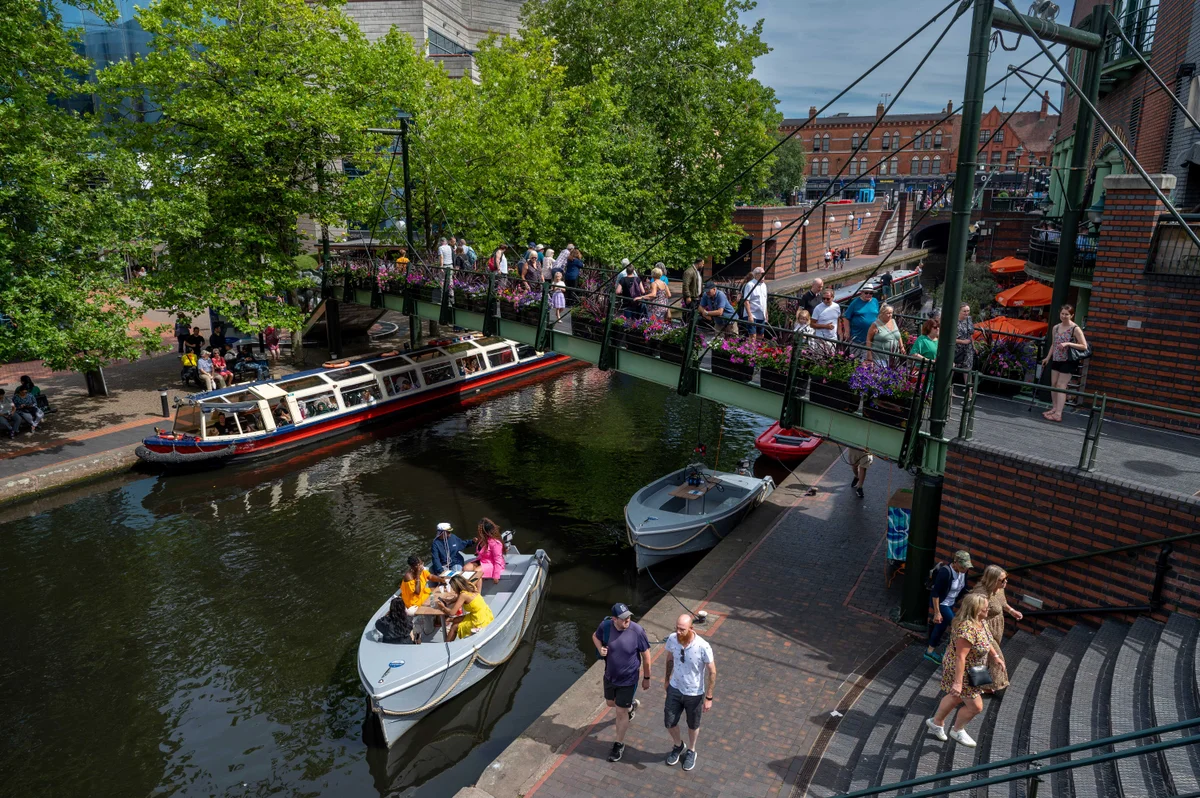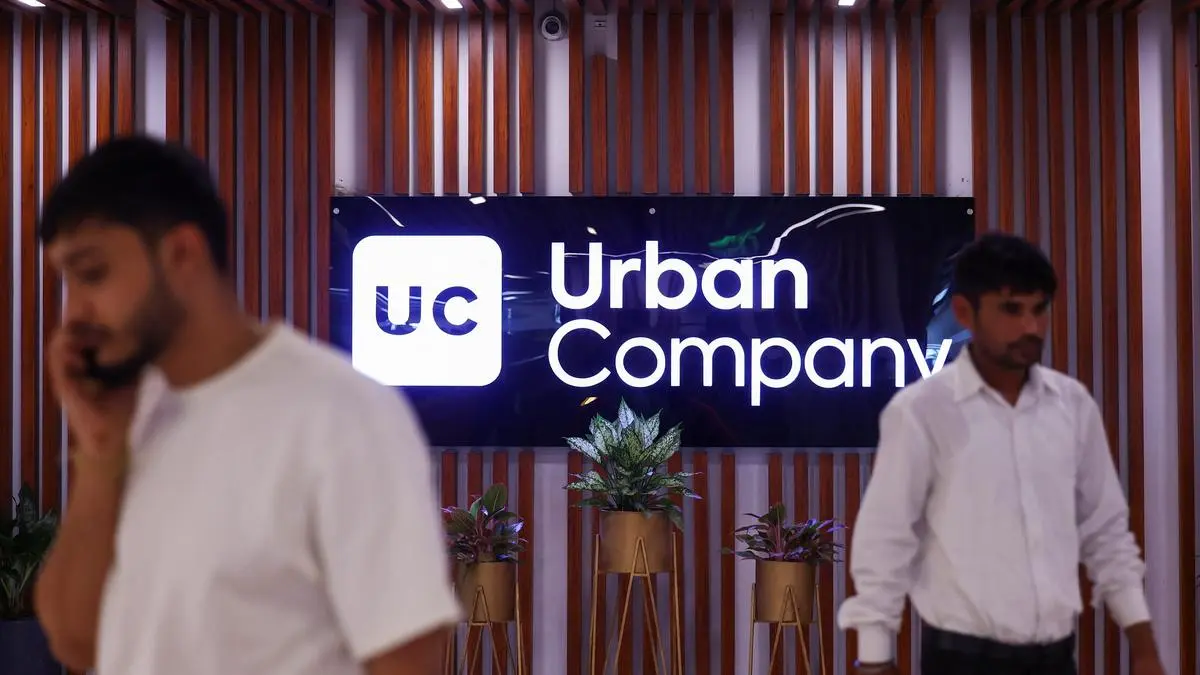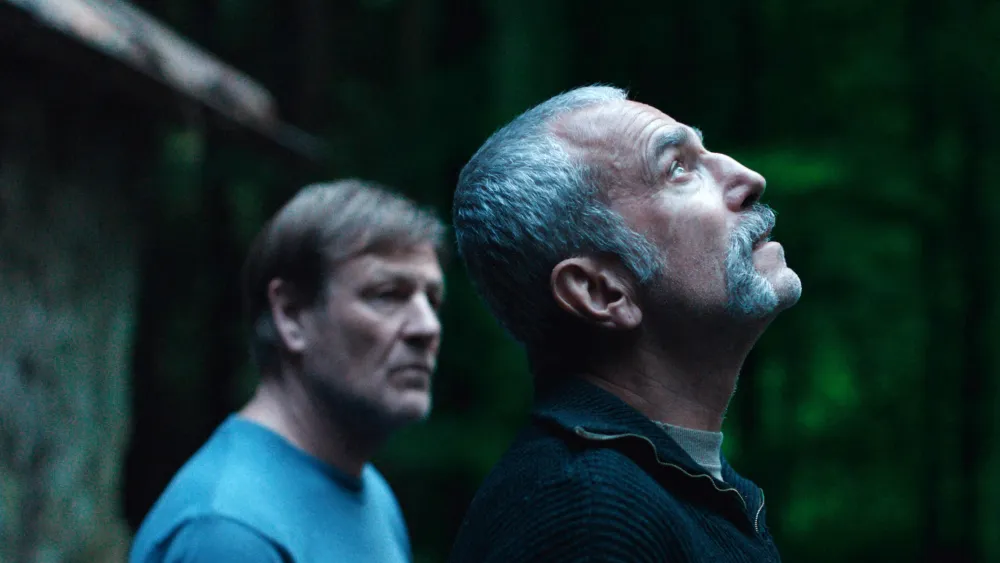
The New York Film Festival kicks off Friday with “After the Hunt,” Luca Guadagnino’s provocative look at campus politics in the #MeToo era. It’s one of several hot-button films that are part of this year’s lineup, many of which use examples of state corruption from recent history in a way that seems to speak to our current, politically tumultuous present.
“We want to offer a portrait of where film culture is at the moment,” says Dennis Lim, the festival’s artistic director. “Great films come from all over — some are from studios, some are from indies and many are from other countries. But they really show that despite the challenges, this is still a thriving art form.”
As proof that the obituary for film culture may be premature, the festival’s 63rd edition will include new works from top auteurs like Kathryn Bigelow (“A House of Dynamite”), Noah Baumbach (“Jay Kelly”) and Joachim Trier (“Sentimental Value”), as well as the return of acting legend Daniel Day-Lewis, swearing off retirement to star in his son Ronan’s directorial debut, “Anemone.” Ahead of opening night, Lim spoke with Variety about what makes the New York Film Festival unique, how he chooses movies to showcase and the Paul Thomas Anderson movie that he tried — and failed — to land.
What is the mission of the New York Film Festival?
It’s always been a survey festival, we’ve had premieres. But I think the mandate of the festival is to sum up the year — to just take the temperature of what 2025 was in cinema.
Are there any themes that have emerged in terms of the films that you’re highlighting this year?
A lot of the films are directly or indirectly in conversation with the current political moment. This is not a film that’s in the festival, but we just did a screening of “One Battle After Another” yesterday at Lincoln Center. It’s based on a book that was written in 1990 about the 1980s, but it’s a film that just seems like it is made for this very period in American history. And I think of films that we are showing like “The Secret Agent” or “Two Prosecutors,” which are historical films about very particular periods in Brazilian history and in the history of the Soviet Union, but both really capture the textures of life in under authoritarianism. That’s something that people are, for very obvious reasons, concerned about today. There’s something very fundamental about the questions that many of the films in the lineup are asking. What is family? What are the difficulties and complexities of family bonds? I see that in films like Jim Jarmusch film “Father Mother Sister Brother” and Joachim Trier’s film. And there are these really interesting portraits of artists. I’m thinking of films like Kent Jones’ “Late Fame,” which is about a writer played by Willem Dafoe, or Ira Sachs’ beautiful portrait of photographer Peter Hujar, which really brings to life this particular moment in New York.
The film business is struggling. The box office isn’t what it was before the pandemic and major studios are making fewer films. Has that impacted the quality of the films that are submitted?
The film business’ struggles are well documented, but they’re also not new. Every era in film history has faced technological change, which often lead to a reshaping of the economics of the industry. There’s a lot of anxiety now, but there was a lot of anxiety when streaming first started. In terms of our ability to attract films, we’re pretty happy with where we ended up this year. Pretty much everything that we knew was going to be ready came our way. And in terms of the quality of the films, I will say that this was actually one of the most challenging years in terms of decision making. Filmmakers and great artists always find a way. Even as the industry struggles or reshapes itself around them, they are able to get their work made and seen.
You mentioned Paul Thomas Anderson’s “One Battle After Another.” Did you try to have it included in the lineup?
We were talking about even before they had set their release date, which was quite difficult to move, because it’s a fairly complicated and expensive release as Paul has very particular ideas about wanting to show it in multiple formats and 70 millimeter Imax. So they couldn’t move the opening back. We couldn’t move our festival dates. You know, we’re opening on Friday and they’re opening in theaters on the same day. We do have a history with Paul. We’ve shown several of his films, but I don’t think festivals were ever really part of their plan.
What can you tell us about the world premieres you are hosting?
Closing night is the world premiere of “Is This Thing On?” It’s Bradley Cooper’s third feature as a director. This is a bit of a shift from his other two films. It’s more modest and intimate and it’s about a couple going through a separation. They each reconnect with various paths not taken. It’s shot in and around the comedy clubs of downtown Manhattan, so it really feels like a New York movie. We’re premiering “Anemone,” which is Ronan Day-Lewis’s very auspicious debut as a filmmaker and Daniel Day-Lewis’s return to the screen. It reminds you why Daniel Day Lewis is just one of the greatest screen actors ever. The moment he appears on screen, he commands it. He’s a magnetic presence. And there’s also the premiere of “Mr. Scorsese,” Rebecca Miller’s five-part, nearly five-hour film about the life and career of Martin Scorsese. Honestly, this one could have been 20 hours. There are all sorts of biographical personal details from Marty and from his friends and collaborators. And there’s a very personal documentary from Ben Stiller about his parents, Jerry Stiller and Anne Meara, that explores being a part of a show business family. They lived on Riverside Drive, not far from Lincoln Center, so it’s a true Upper West Side movie.
What would be your elevator pitch for New York Film Festival?
If you can only attend one film festival a year, I would recommend that you come to the New York Film Festival, simply because our lack of emphasis on premieres means that we actually cover a ton of ground in terms of the year’s best, most interesting and most significant films. Obviously, there are tons of great films that show in Cannes or Venice every every year, but they’re restricted to the films that will premiere in competition. We’re drawing on those lineups as well as those from Sundance and Berlin. There’s a utility in being a survey festival. It allows us to really capture the big picture in terms of what’s on filmmakers’ minds and what conversations they are interested in having.
